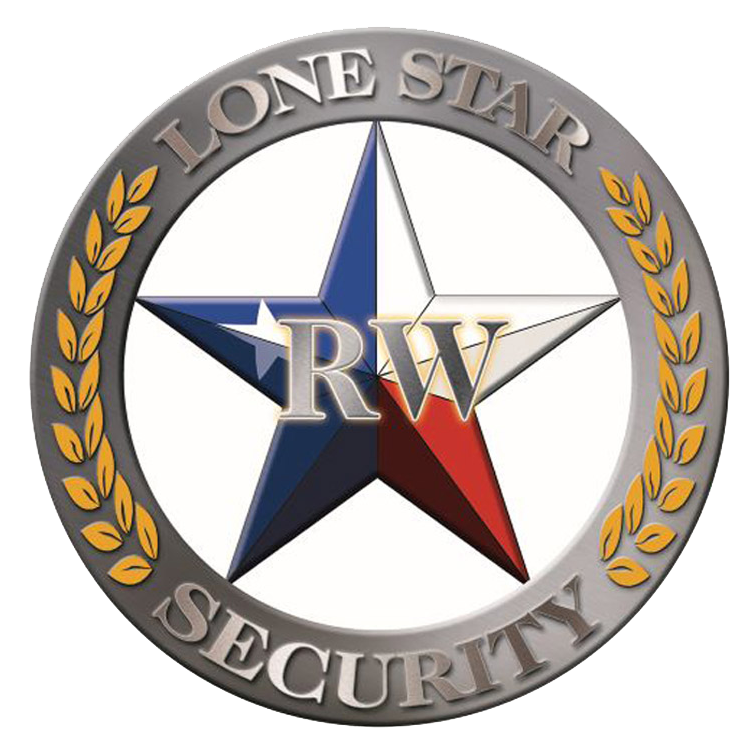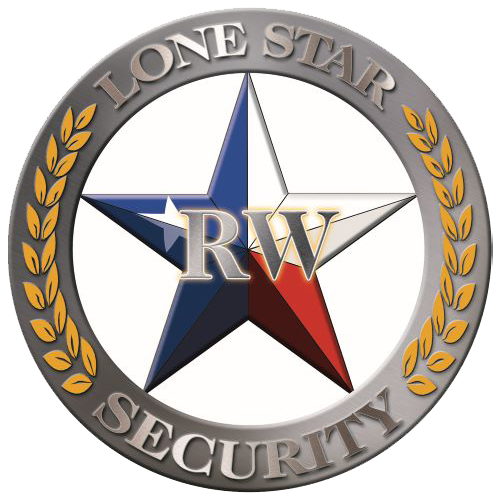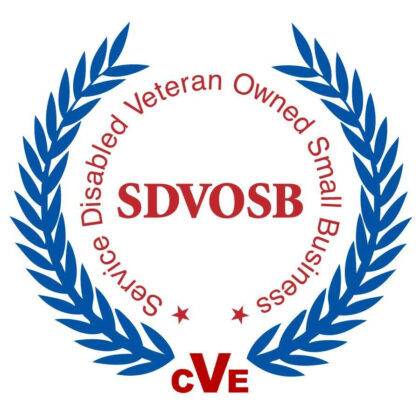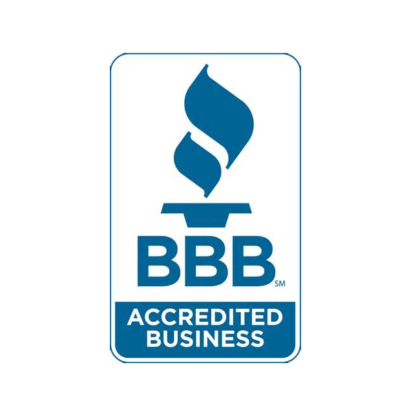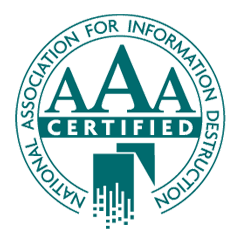Introduction to HIPAA Compliance
HIPAA compliance is crucial for any organization that handles PHI (Protected Health Information). The regulations set forth by HIPAA are designed to ensure the confidentiality, integrity, and availability of PHI, protecting it from unauthorized access and breaches. Non-compliance can lead to severe penalties, including hefty fines and damage to your organization’s reputation. These penalties can range from thousands to millions of dollars, depending on the severity and frequency of the violations. In addition to financial penalties, non-compliance can result in legal action, loss of business, and a tarnished reputation, which can be difficult to recover from.
By adhering to HIPAA regulations, you protect patient privacy and build trust with your clients. Patients expect their sensitive health information to be handled with the utmost care and confidentiality. When an organization demonstrates a commitment to HIPAA compliance, it reassures patients that their information is safe, which can enhance patient confidence and loyalty. Furthermore, compliance with HIPAA not only helps in avoiding penalties but also enhances the overall operational efficiency of your organization by establishing clear protocols for handling PHI.
The Importance of HIPAA Compliance
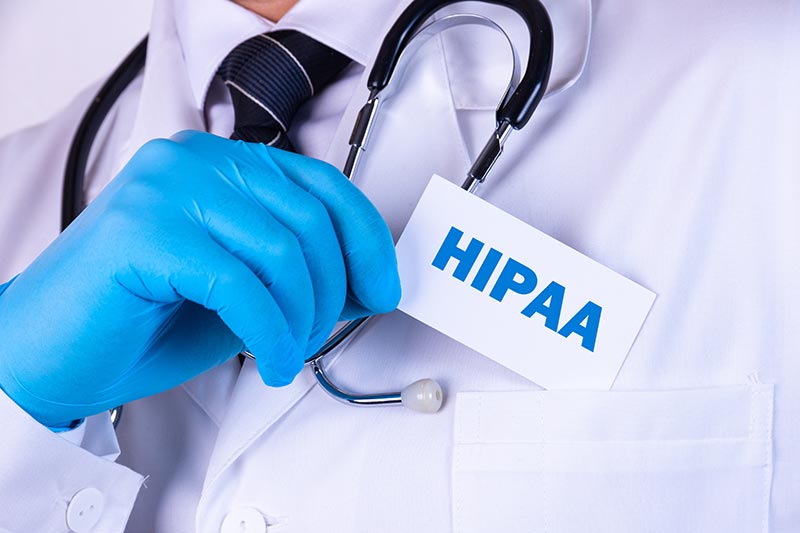
HIPAA compliance is crucial for any organization that handles PHI (Protected Health Information). HIPAA establishes national standards to protect sensitive patient information from being disclosed without the patient’s consent or knowledge. For healthcare providers, insurers, and other entities that manage PHI, adhering to HIPAA regulations is not just a legal obligation but also a moral imperative to safeguard patient privacy.
Non-compliance with HIPAA can lead to severe penalties, including hefty fines and damage to your organization’s reputation. Financial penalties for violations can be substantial, ranging from $100 to $50,000 per violation, with a maximum annual penalty of $1.5 million for repeated violations. Beyond the financial repercussions, non-compliance can result in legal action and loss of trust from patients, which can have long-term detrimental effects on your organization’s standing and operational success. Additionally, breaches of PHI can lead to identity theft and other forms of fraud, further emphasizing the need for strict compliance.
Paper Shredding and HIPAA Compliance
Paper shredding is a critical component of HIPAA compliance. Paper documents containing PHI must be properly destroyed to prevent unauthorized access. Physical records such as patient charts, billing information, and insurance forms are often rich with sensitive information that, if mishandled, could lead to data breaches and violations of patient privacy. Therefore, it is essential to implement a robust paper shredding process to maintain compliance and protect patient information.
Our paper shredding service at RW Lone Star Security are designed to meet the stringent requirements of HIPAA. We provide on-site and off-site shredding options, ensuring that your documents are securely destroyed and reducing the risk of data breaches. On-site shredding allows you to witness the destruction process firsthand, providing an extra layer of security and peace of mind. Off-site shredding, on the other hand, involves transporting your documents to a secure facility where they are shredded in a controlled environment. Both options guarantee that your documents are destroyed beyond reconstruction.
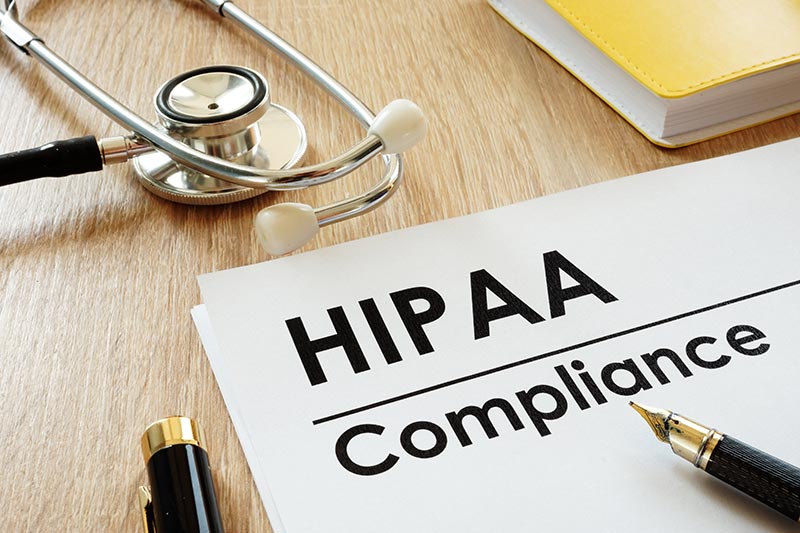
Document Destruction: Beyond Paper
HIPAA compliance extends beyond paper documents. Digital files, CDs, DVDs, and other media that contain PHI must also be securely destroyed. RW Lone Star Security offers comprehensive document destruction services that include the destruction of various media formats. Our state-of-the-art shredding equipment ensures that all forms of PHI are irreversibly destroyed, safeguarding your organization from potential data breaches.
Hard Drive Shredding for Total Security
Hard drive shredding is another essential service for achieving HIPAA compliance. Simply deleting files from a hard drive is not enough, as data can still be recovered. RW Lone Star Security provides hard drive shredding services that ensure complete destruction of your electronic data. Our process meets HIPAA standards, giving you peace of mind that your PHI is completely destroyed and unrecoverable.
Partnering with RW Lone Star Security
At RW Lone Star Security, we understand the complexities of HIPAA compliance and are dedicated to helping you navigate these regulations. Our team of experts works closely with you to develop a tailored document destruction plan that meets your specific needs. Whether you require regular paper shredding, comprehensive document destruction, or hard drive shredding services, we have the expertise and resources to ensure your compliance with HIPAA.
HIPAA compliance is a critical aspect of managing PHI. RW Lone Star Security offers a range of services, including paper shredding, document destruction, and hard drive shredding, to help you stay compliant with HIPAA regulations. By choosing our services, you are taking a proactive step in protecting patient data and securing your organization’s reputation.
FAQ
All documents containing PHI, such as medical records, insurance forms, and billing statements, must be shredded.
The frequency depends on the volume of documents your organization handles. Regularly scheduled services ensure ongoing compliance.
Yes, we are equipped to handle large volumes of documents, providing efficient and secure shredding services.
Shredded paper is recycled, and destroyed hard drives are disposed of in an environmentally responsible manner.
Yes, we provide certificates of destruction to verify that your documents and hard drives have been securely destroyed.
Both on-site and off-site shredding are secure, but on-site shredding allows you to witness the destruction process.
